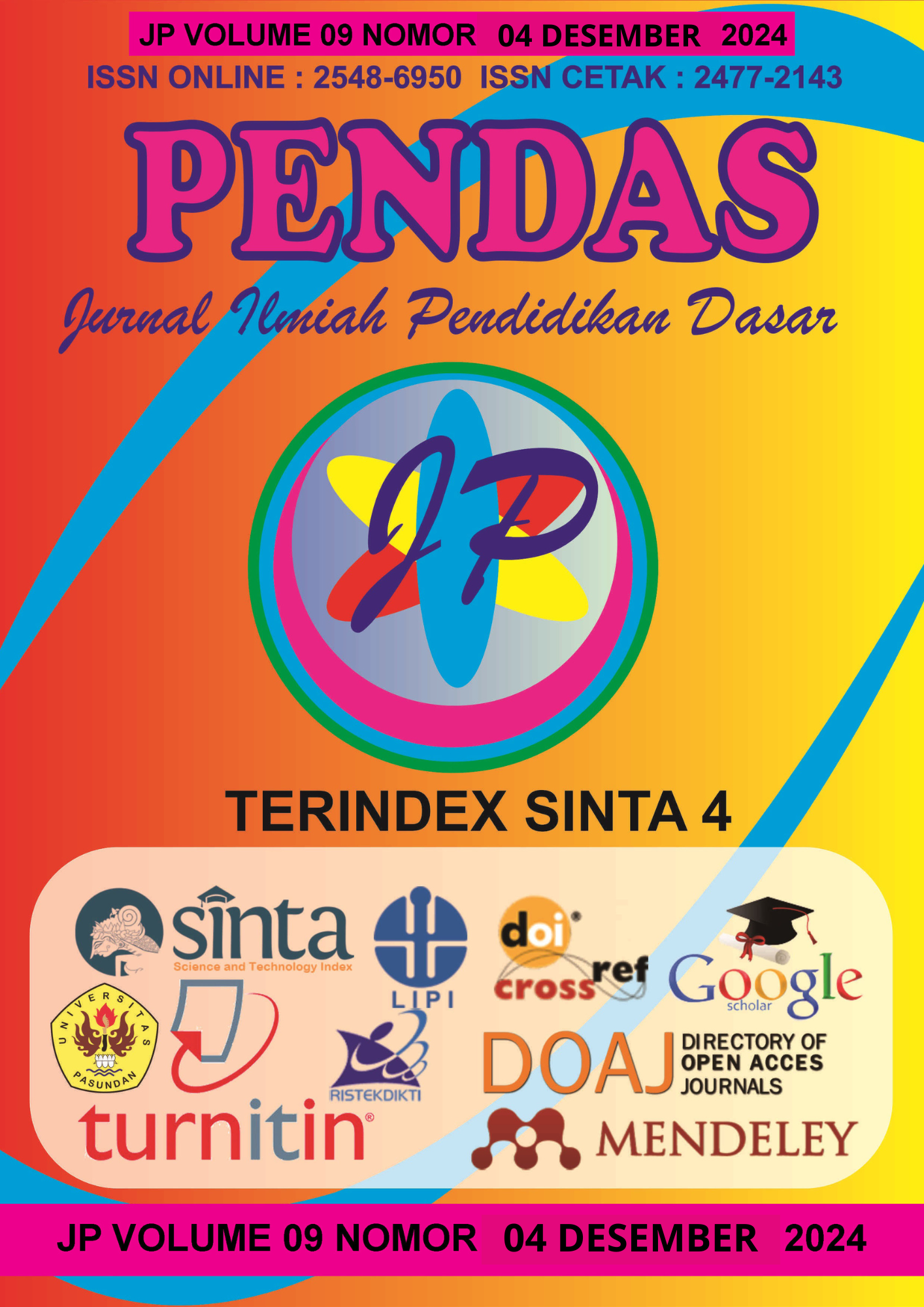Urgensi Pendidikan Islam dalam Pembentukan Keshalehan Ekologis Santri di Pondok Pesantren Berbasis Eco-Pesantren (Studi Kasus Pondok Pesantren Malahayati Bandar Lampung)
DOI:
https://doi.org/10.23969/jp.v9i04.20909Keywords:
eco-Islamic boarding schools, Islamic education, ecological piety, environmental sustainabilityAbstract
The global ecological crisis including climate change, declining biodiversity, and environmental pollution has become a serious threat to the sustainability of life on earth. In this context, education has a strategic role in forming an ecologically responsible generation. This study aims to explore the urgency of Islamic education in forming the ecological piety of students through the eco-pesantren approach. Eco-pesantren is an educational innovation that integrates Islamic values and environmental sustainability practices, such as reforestation, waste management, and cleanliness competitions. This study uses a qualitative method with a descriptive approach, involving observation, interviews, and literature reviews. The results of the study indicate that the implementation of eco-pesantren has succeeded in creating environmentally conscious student behavior. The values of cleanliness, responsibility, and discipline taught through a holistic approach based on Islam have proven effective in building a culture of sustainability in the boarding school environment. Students who are actively involved in this program show significant changes in their behavior, both in the boarding school environment and in society. The conclusion of this study confirms that eco-pesantren has great potential as a model for sustainable Islamic education. To increase its impact, it is necessary to strengthen collaboration with environmental agencies, expand the ecology-based curriculum, and develop supporting facilities. With this approach, Islamic boarding schools can become centers for the formation of young generations who are not only noble but also responsible for environmental sustainability
Downloads
References
Abdullah, M. (2019). Pendidikan Islam dan Kepedulian Lingkungan. Journal of Islamic Education.
Fauzan, F. (2022). Eco-Pesantren sebagai Model Pendidikan Berkelanjutan. Jurnal Lingkungan Islami.
Hassan, A. (2021). Akhlak dan Ekologi: Studi Implementasi di Pesantren. Jurnal Pendidikan Akhlak.
Hidayat, R. (2019). Eco-Pesantren: Model Pendidikan Ramah Lingkungan. Journal of Islamic Education.
Iskandar, S. (2020). Implementasi Program Daur Ulang di Pesantren. Jurnal Ekologi Islam.
Mudzakkir, M. (2020). Pendidikan Ekologis Berbasis Pesantren. Jurnal Pendidikan Islam.
Rahmawati, N. (2021). Peran Nilai Islam dalam Pendidikan Lingkungan. Jurnal Lingkungan Islami.
Rahmatullah, M. (2023). Pendidikan Islam dan Tanggung Jawab Ekologis. Journal of Environmental Ethics.
Sa’diyah, S. (2021). Manajemen Pesantren Berbasis Eco-Pesantren. Jurnal Manajemen Pendidikan.
Santoso, A. (2020). Pendidikan Ekologi dalam Islam. Jurnal Pendidikan Islam.
Suryadi, A. (2022). Pengaruh Pendidikan Islam terhadap Kesadaran Lingkungan. Jurnal Pendidikan Berbasis Nilai.
Zulkifli, Z. (2024). Integrasi Pendidikan Agama dan Lingkungan. Jurnal Pendidikan Global
Downloads
Published
Issue
Section
License
Copyright (c) 2025 Pendas : Jurnal Ilmiah Pendidikan Dasar

This work is licensed under a Creative Commons Attribution 4.0 International License.



















